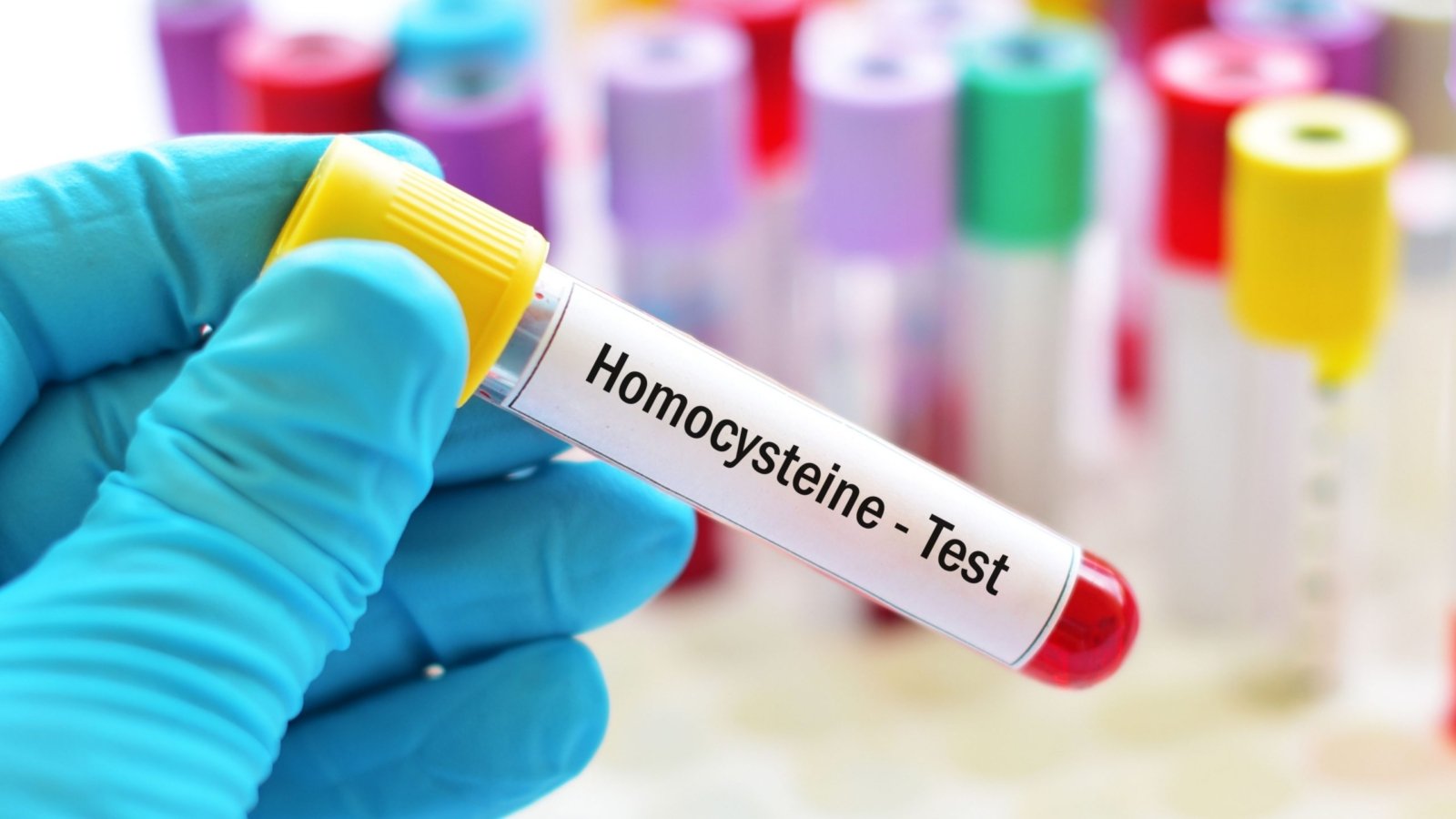Let’s see briefly what high homocysteine levels mean for your health.
Homocysteine (Hcy) is an amino acid produced naturally by our bodies. It helps regulate blood clotting and is involved in DNA synthesis.
However, high homocysteine levels may be associated with heart disease, stroke and dementia.
The good news is that there are simple steps you can take to lower them.
Hcy is found in foods such as meat, fish, eggs, dairy products, nuts, beans, peas, lentils and soybeans. In addition, some medications, vitamins, and supplements can affect Hcy levels.
There are several things you can do to reduce your Hcy levels.
To measure your Hcy level, you will need a lab test. A simple blood test can determine whether you have elevated homocysteine levels, but it won’t tell you how much homocysteine you have.
If you have elevated homocysteine levels, you should talk to your doctor about what steps you can take to lower them.
Elevated Hcy levels can cause symptoms such as headaches, memory loss, vision changes and numbness in the arms and legs.
You may also notice increased fatigue, muscle pain and joint pain.
Let’s see about high Hcy levels in detail.
Foods to Lower High Homocysteine Levels
There are a few different ways to lower high homocysteine levels.
One is to take supplements, such as B vitamins (B2, B6, B12, folic acid) and vitamin C. Another is to eat foods that are rich in these nutrients, such as leafy green vegetables, legumes, nuts and seeds.
You can also lower your Hcy levels by eating foods that contain the amino acid methionine, such as fish, poultry and eggs.
If you have high homocysteine levels, it’s important to make sure you’re eating the right foods to help lower them. Some good options include:
Eating a healthy diet is important for overall health, and it can be especially helpful if you have high Hcy levels.
Talk to your doctor or a registered dietitian to get more personalised recommendations.
Normal Range of Homocysteine Levels
A normal range of homocysteine levels in blood is between 5 and 15 micromoles per litre (µmol/L).
If the level is above 15 µmol/L, it may indicate a deficiency in vitamins B6, B12 and folate, and your doctor will consider prescribing vitamin supplements to lower the level.
Elevated homocysteine levels in urine are associated with increased risk of cardiovascular disease and dementia.
However, not everyone who has high homocysteine levels will develop these diseases. This suggests that other factors must also play a role in determining whether someone develops one of these disorders.
Effects of High Homocysteine Levels
People with high homocysteine levels are at increased risk for developing the following:
These risks are thought to be due to the effects of homocysteine on the lining of blood vessels.
Symptoms
High levels of homocysteine can be harmful and may lead to a number of health problems. Some of the most common symptoms of high Hcy levels include:
If you are experiencing any of these symptoms, it is important to speak to your doctor to determine if homocysteine levels may be the cause.
High homocysteine levels can be treated with dietary changes, supplements and medication.
Causes
High homocysteine levels can have a variety of causes.
One common cause is a vitamin B12 deficiency. Vitamin B12 is essential for the proper functioning of the body’s nervous system, and a deficiency can lead to a build-up of homocysteine in the blood.
Other causes of high Hcy levels include:
High Hcy levels can also be caused by the following:
Treatment
The first step in treating high homocysteine levels is to take a blood test to determine the exact level. If the level is high, your doctor will likely prescribe a medication called folic acid.
Folic acid helps to lower Hcy levels by increasing the amount of folate in the blood.
Medications that are commonly used to treat high homocysteine levels include:
In addition to taking medication, you can also lower your Hcy levels by making lifestyle changes. These changes include:
Making these changes can help to protect your heart and improve your overall health.
Genetics and Homocysteine Levels
Genetics plays a role because certain variants of the MTHFR gene can lead to higher homocysteine levels.
This is because these gene variants affect the way the body metabolises homocysteine. People with these gene variants are more likely to develop heart disease, stroke and other health problems.
Also, homocysteine levels tend to run in families, which further supports the role of genetics.
While genetics may predispose someone to higher homocysteine levels, lifestyle choices can make a big difference in terms of actually reducing your high homocysteine levels.
If you have a question related to this blog post, write to us here and we will update this post with a response.
Sources: Cleveland Clinic, Healthline, MedlnePlus and WebMD.
If you have any more questions, please feel free to write to us at support@nugenomics.in or call us directly at +91 9176655912
You can also visit Here to know more about how we can help you and make your life better.
 Cart is empty
Cart is empty 
Add a Comment